In the recently released 2015 Journal Citation report, Advanced Healthcare Materials received its first two-year full Impact Factor of 5.79
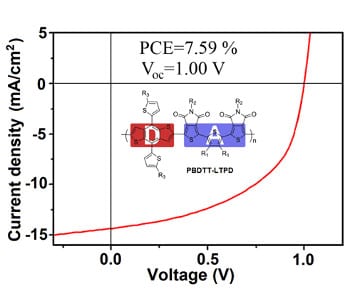
Polymer solar cells with enhanced open-circuit voltage exceeding 1 V
Enhanced performance in polymer solar cells is achieved using a linked-acceptor type conjugated polymer.
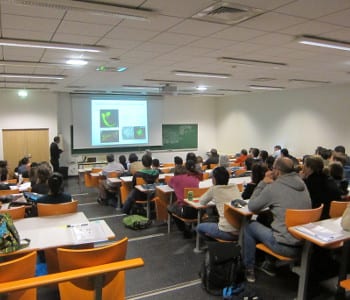
Conference report: 2nd ERC MIOMIM Meeting 2015, Grenoble
A report from the 2nd ERC BIOMIM meeting, which ran from March the 11th – 13th 2015 at MINATEC in Grenoble, France.
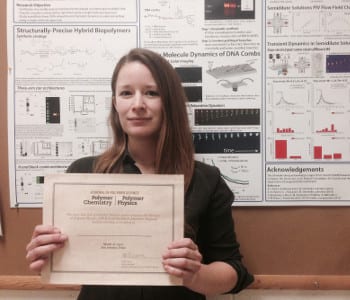
Journal of Polymer Science Poster Prize at the APS March Meeting
Three young polymer scientists are awarded the Journal of Polymer Science Poster Prize for DPOLY at the 2015 APS March meeting.
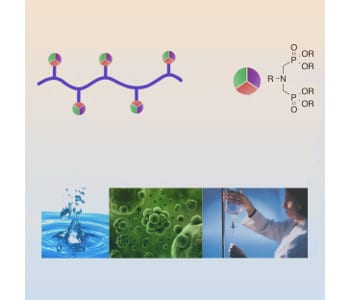
Aminobisphosphonates via Multicomponent Reactions
Functional polymers containing aminobisphosphonates are synthesized using controlled radical polymerization and post-polymerization multicomponent reactions.
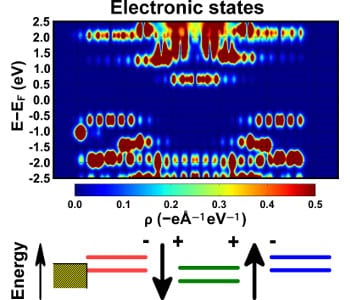
A toolbox for tuning the electronic structure in organic self-assembled monolayers
A modular concept is developed to tune the electronic structure in organic self-assembled monolayers and their interfaces.
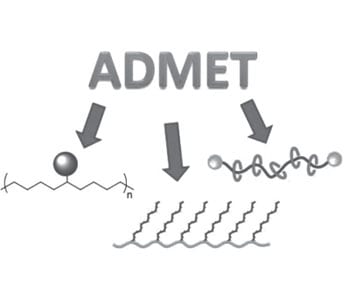
Precision polymers through ADMET polymerization
Acyclic diene metathesis (ADMET) polymerization is a unique strategy for achieving polymers with precise control over the primary structure.
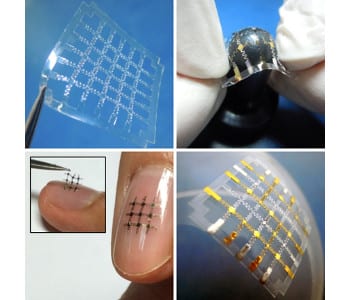
Flexible Electronic Devices Experience Organic Growth
A Korean research team led by Prof. Soonmin Seo report a new method for preparing highly flexible, stretchable, and patchable organic electronic devices.
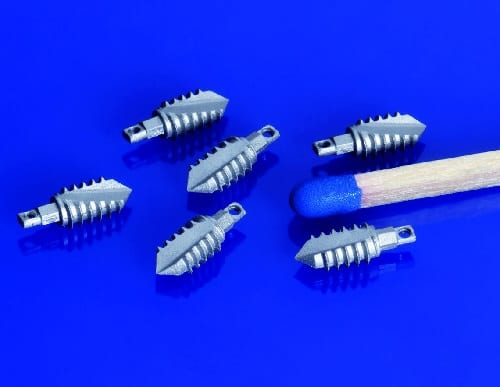
Researchers find the recipe for degradable implants
Fraunhofer researchers have developed load bearing, biodegradable implants that are completely degraded in the body.
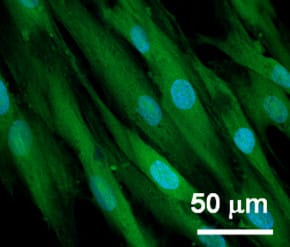
Flavonoid-modified surfaces for medical applications
Researchers have successfully fabricated titanium surfaces chemically functionalized with the flavonoids taxifolin and quercitrin.










